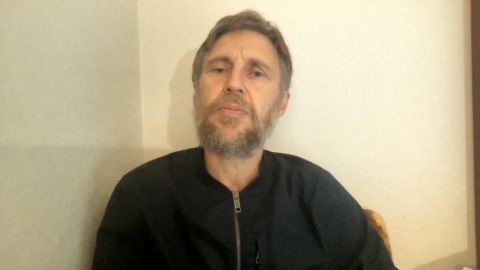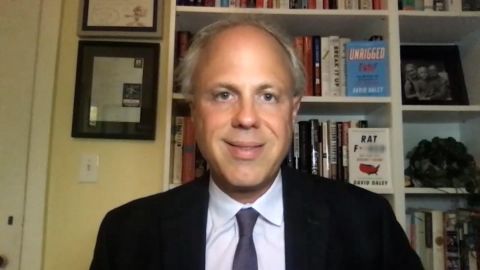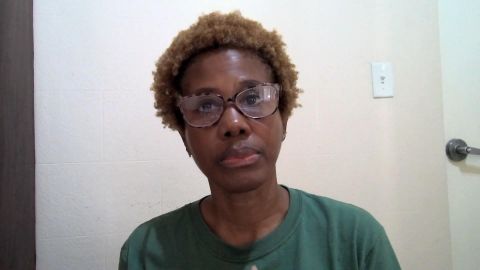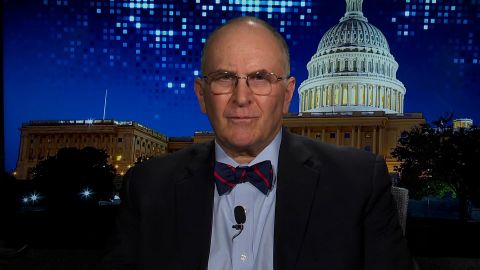Read Transcript EXPAND
BIANNA GOLODRYGA: Well, the only place I can begin is by asking you what you’re seeing on the ground there, once again, a country that is just plagued, continues to be plagued by so much heartache.
MARGARETT LUBIN, HAITI COUNTRY DIRECTOR, CORE: Well, the rescue relief operation is still ongoing. As you just mentioned, the death toll is surging rapidly. On the ground, we are still trying to remove bubble, freeing the streets, so that the aid can get through. We are seeing a large number of people in need for emergency medical care. So, we are supporting hospitals to do that. But, last report that I received, we are talking 40 percent of the population in the three departments that were affected directly affected by the earthquake. So it’s about 500,000 people. Of course, some of them, their homes are completely damaged. They are out on the streets. Some are partly damaged. But as the assessment is ongoing, we expect this to be a very, very — to have very, very serious impact on the community, given the contextual challenges that the communities have been facing already.
GOLODRYGA: Well, that’s what I was going to ask you, Margarett. How difficult is it for you to get needs and resources to those who are most desperate for it, given the these images that we have seen, rubble? What is transportation like on the streets there?
LUBIN: Well, it is quite difficult to access. For example, where we are, we are the most affected area, which is the south, where we are — we have 50,000-plus houses that have been damaged. And then we are trying to get to Jeremie, which is in the Grand’Anse department. The main road leading to those two departments was shut down by rubble. We removed the rubble on day second. And we realized yesterday it was blocked again after the rain. We are on the road again trying to reopen that road, so the aid can get through. So you really go into that cycle of cleaning and having to remove rubble again because of the rain.
GOLODRYGA: And, as we mentioned, this is all happening during political turmoil there. Just a few weeks ago, we were covering a presidential assassination. There is no cohesive government in place right now. So, who are you working with there to make sure that aid is distributed to as many people as efficiently and effectively as possible?
LUBIN: Well, we are working with two main local national officials, which is, there is the Civil Protection Department that we have worked with many years when (INAUDIBLE) was here in 2010 after the earthquake. They are the lead in relief response. So, we’re working with them at the central and also at local level, doing assessments together to identify where the people are, how to get the aid to them.
About This Episode EXPAND
Eliot Cohen; Michael Semple; Margarett Lubin; David Daley
LEARN MORE



